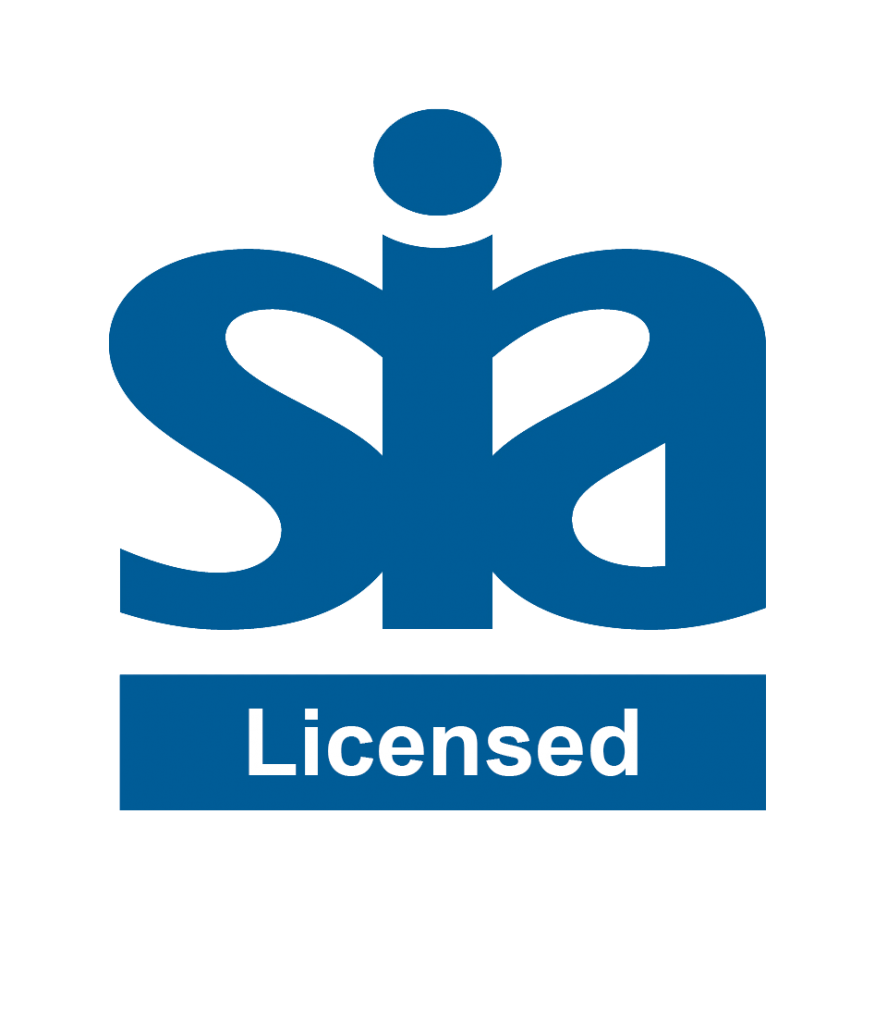Please fill in the form bellow to register
Combo
Emergency First Aid at Work (EFAW)
Looking to get trained in first aid? Taking the next step in becoming a certified first aider can be overwhelming, especially when getting the right training.
The course prepares you to provide treatment and handle emergency situations where an individual falls ill or injures themselves.
Help make a difference
Security professionals who are qualified in first aid make a huge difference to the health and wellbeing of any casualty. If an incident occurs, your knowledge could prove vital to saving lives.
Health and safety hero
In the UK, a staggering total of 25.9 million working days were lost due to work-related incidents during 2017 and 2018 alone. A trained, qualified first aid security professional helps to prevent workplace accidents, but also knows exactly how to take action in emergencies.
Jobs love first aiders
Jobs are always looking for staff who are first aid trained. Being a certified first aider can increase your job prospects and help you stand out from the crowd.
Follow the law
For managers and business owners, having a trained first aider on-site is a legal requirement. Getting your staff first aid trained ensures that you are complying with the Health & Safety (First Aid) Regulations 1981.
Take ownership of your career
Make your next career move a great one, with greater job flexibility and role variety by having the knowledge of being able to save lives and help make a difference.
What’s the difference between FAW and EFAW courses?
While both of these courses give security professionals life-saving knowledge, a First Aid at Work (FAW) Level 3 course is more in-depth than an Emergency First Aid at Work (EFAW) course. As such, FAW courses let you work in security in more locations.
However, an EFAW course can be completed in just one day, compared to the three days required to complete an FAW course. EFAW courses are great for when businesses need a security professional fast, at low-risk workplaces – but an FAW course prepares you to work in a huge range of industries.
Low-risk premises are places such as shops, offices and public venues, whereas high-risk premises (as covered by the training in an FAW course) include factories, warehouses, industrial sites and chemical facilities.
Security professionals with FAW qualifications are more attractive to more employers, in more industries. Because businesses are advised by the government to have at least one first aider per 50 people, your FAW qualification makes you an attractive hire to employers.
What illnesses and injuries are covered by a EFAW course?
The EFAW course is truly comprehensive. You’ll learn everything you need to react to a range of emergency and health conditions, including:
- Fainting
- Seizures
- Shock
- Diabetic or low blood sugar attacks
- Minor bleeding
- Severe bleeding
- Poisoning
- Unresponsive adult patients
- Choking adult patients
- Strokes
- Eye injuries
- Bone injuries
- Muscular injuries
- Head injuries
- Allergic reactions
- Chest pains
- Burns, stings and bites
- Asthma attacks
- Heart attacks
- Adult resuscitation and CPR
- Defibrillator use
- Emergency situation handling
The FAW course also teaches you health and safety regulations, emergency situation management and effective communication during an incident – be that with the casualty, witnesses to the incident, or professional medical personnel who arrive on the scene.
Emergency First Aid at Work Level 3 Course Assessments
The Emergency First Aid at Work Level 3 Training Course is assessed in 2 parts.
Continuous assessment
This is where your class trainer will observe your class participation to ensure your knowledge is at the required level.
Written assessments
Written assessments can vary for the EFAW Course depending on your training provider. Typically, these exams are for each of the core unit areas and will be multiple choice. They can either fall at the end of the course, on the final day, or be spread out.
SIA Door Supervisor Training
The most popular SIA training course allowing you to work as a Door Supervisor or Security Guard in retail, corporate and event security. We recommend the SIA Door Supervisor Training course for both new entrants and experienced professionals looking to start a new career in the private security industry.
-
Course Details
The SIA Door Supervisor training course runs over 6 days and is divided into 4 units. At the end of the course, you will sit through a multiple choice examination. This course must be completed with one of our approved training providers available in over 40 locations. The course comprises of the following:
Unit 1:
-
- Working in The Private Security Industry
- Private Security industry: The legal aspect
- Health and Safety for private Security operatives
- Fire Safety awareness
- Emergency procedures
- Communication Skills and Customer Care
Unit 2:
-
- Working as a Door Supervisor
- Behavioural Standards
- Civil and Criminal law
- Searching
- Arrest
- Drugs awareness
- Recording incidents and Crime Scene preservation
- Licensing law
- Emergency procedures
Unit 3:
-
- Conflict Management for The Private Security Industry
- Avoiding Conflict and reducing personal risk
- Defusing Conflicts
- Resolving and learning from Conflicts
- Application of Communication Skills and Conflict Management for Door Supervisors
Unit 4:
-
- Physical Intervention Skills for The Private Security Industry
- Introduction to physical intervention Skills
- Must-know legislations
-
With
The Level 2 Award for CCTV (Public Space Surveillance) Operators is an essential qualification for those working or seeking work as a CCTV Operator in the Private Security Industry. The qualification is a pre-requisite under the terms of the Private Security Industry Act (2001) for individuals wishing to apply to the Security Industry Authority (SIA) for a licence to work as a CCTV Operator (Public Space Surveillance).
Whilst many Security Operatives who already hold Security Officer, Door Supervisor or Close Protection SIA Badges choose to gain this badge in addition to their currently held badge, this is not a requirement! There is no reason Security Operatives cannot have a CCTV Operators Badge on it’s own if they wish to only carry out this role.
This Course is a MANDATORY REQUIREMENT to obtain the SIA CCTV Operators Licence.
DURATION
The course is 10 Hours of E-Learning (Home Self-Study) and 3 Days of Face-to-Face Classroom Sessions
MODULES
Unit 1: Principles of Working within the Private Security Industry
- Private Security Industry: The legal aspect
- Health and Safety for Private Security Operatives
- Fire Safety awareness
- Emergency procedures
- Communication Skills and Customer Care
Unit 2: Principles And Practices Of Working As A CCTV Operator In The Private Security Industry
- Purpose of Surveillance Systems (CCTV)
- Legislation around Surveillance & CCTV
- Operational Procedures of CCTV(PSS) Systems
- Surveillance Techniques
- Types of Incidents & Responses to Incidents
- Health & Safety in a CCTV Environment
- Operational Use of CCTV Equipment
- Producing Evidential Documentation
ASSESSMENT
2 Multiple Choice Exams and 2 Practical Assessment
- Croydon
- October 27, 2025
- £



